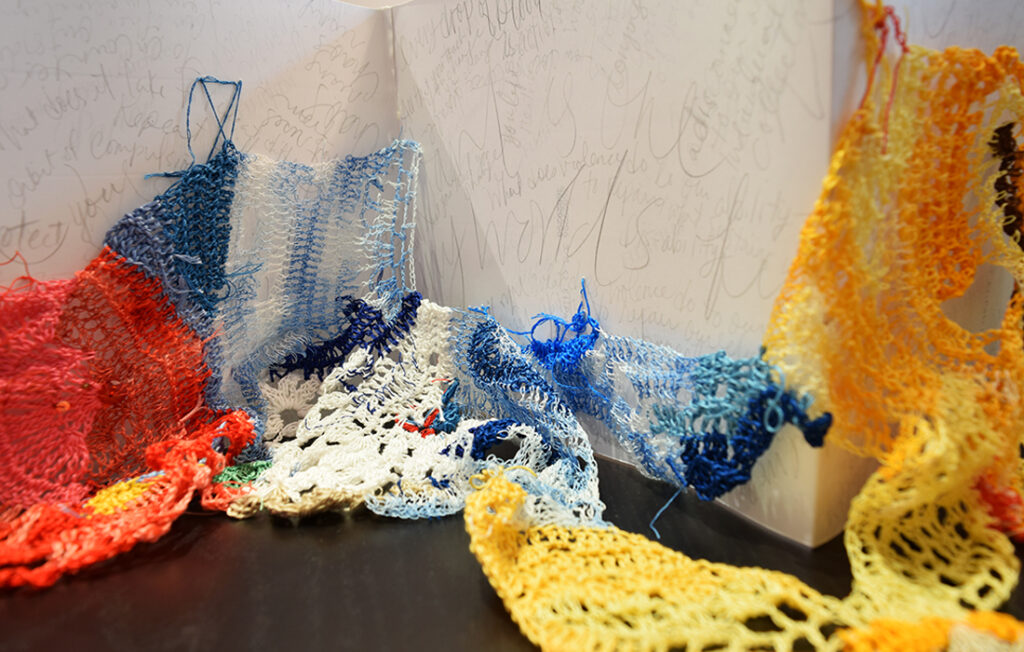
Greg Procknow
Greg Procknow
Using Moustaka’s Modified van Kaam method of phenomenology, Procknow’s doctoral research will illuminate the experiential claims of patients adjudicated not criminally responsible on account of mental disorder (NCRMD) to explore whether education leads to decarceration (absolute or conditional discharge) and to revalue education as a non-psychiatric method for recovery. Greg will use critical disability studies and Mad Studies lenses to interpret the qualitative data. This research is vital to support the reintegration of NCRMD into the community, reduce recidivism and rehospitalization, and nurture recovery. The findings will provide insights into the impact of education on the decarceration and community reintegration of patients under the jurisdiction of the Ontario Review Board (ORB).
Greg Procknow is a recipient of the Vanier Canada Graduate Scholarship (SSHRC), a mental health consumer, and a volunteer peer supporter. In 2014, he published Recruiting and Training Genocidal Soldiers, exploring how genocidal regimes inculcate the ability to enact crimes against humanity in their citizens. He has published ten peer-reviewed journal articles exploring disability and mad themes in human resource development, adult education, and authentic leadership contexts.
Patricia Ki
Mapping care is part of Patricia's dissertation project at the Critical Disability Studies program at York University, which involves a series of arts-making collaborations that contemplate the question, how do we practice care without replicating violence?
It understands violence as not limited to physical, verbal, or other kinds of explicit assaults, but also as colonial violence, racist oppression, cisheteropatriarchal subjugation, ableist exclusions, sanist discriminations, capitalist exploitations, structural/institutional barriers, and other conditions that systematically limit or preclude the access of resources to a livable life for certain groups of people but not others.
The project works with stories from collaborators, including myself, who have living experiences of being subjugated and/or enacting subjugation within spaces that are supposed to be caring, such as social services, mental health services, and education institutions, and would like to share ideas and hopes about crafting different tools to build a different kind of world, in the midst of our ever-shifting entanglements of care, transgressions, materiality, corporeality, complicity, joy, violence, love, and grief.
The intention of our work together is to share what we know in open-access formats wherever possible, as we believe that knowledge is shared, not owned. Interested folks can find our artwork, visual essays, poetry, advocacy tools, and sources that inform out work on this website: mappingcare.art


Chanelle Perrier-Telemaque
Chanelle Perrier-Telemaque
Perrier-Telmaque's doctoral research is concerned with the socioeconomic barriers facing second-generation African-Caribbean women who are sisters that must provide care for a disabled sibling in single-parent households, the implications of these barriers, and how they can be addressed to better support this marginalized group equitably. Using a Black feminist disability approach my work aims to examine the material implications of disability to discuss the ways in which this particular population complexly embodies disability as caregivers.

Learn More
The Graduate Program in Critical Disability Studies at York is an exciting environment to pursue innovative, socially engaging, career-ready education. Contact our Graduate Program Assistant to learn more.
